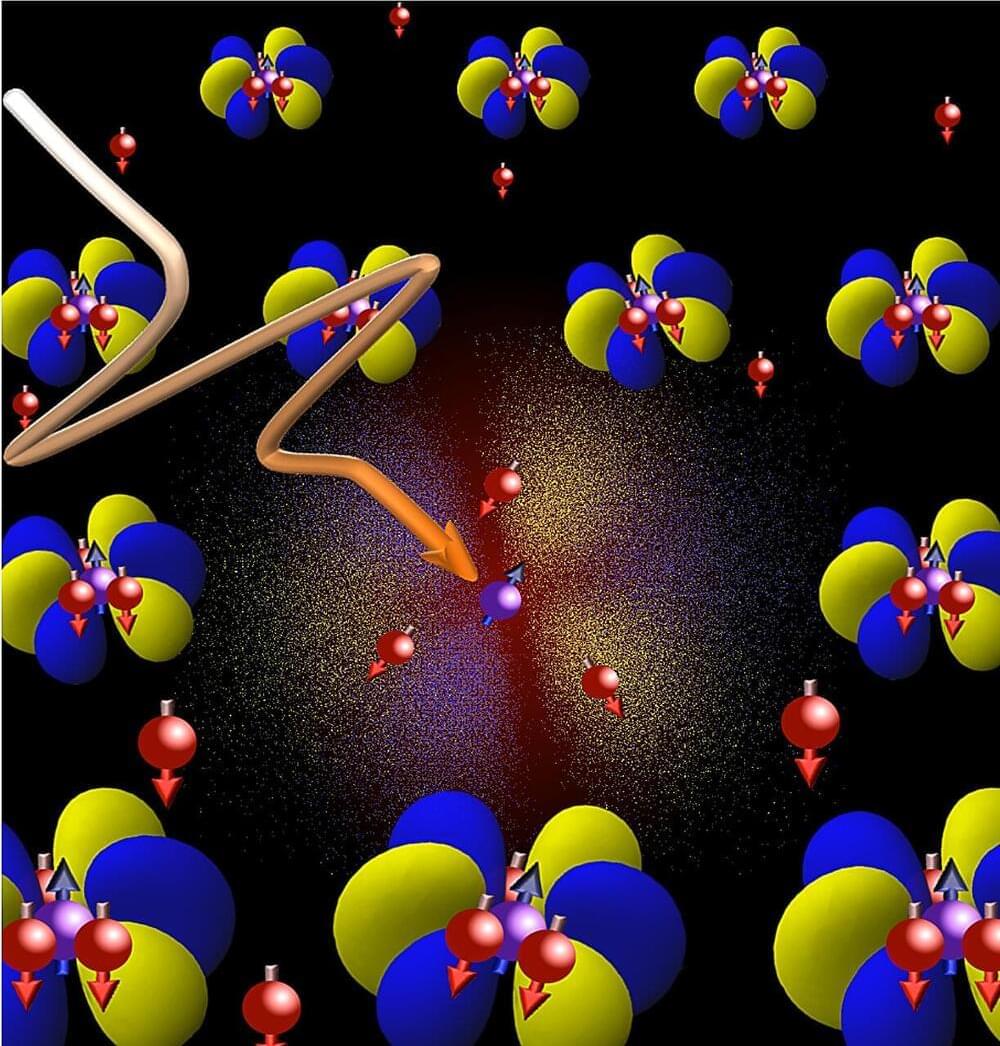Many substances change their properties when they are cooled below a certain critical temperature. Such a phase transition occurs, for example, when water freezes. However, in certain metals there are phase transitions that do not exist in the macrocosm. They arise because of the special laws of quantum mechanics that apply in the realm of nature’s smallest building blocks.
It is thought that the concept of electrons as carriers of quantized electric charge no longer applies near these exotic phase transitions. Researchers at the University of Bonn and ETH Zurich have now found a way to prove this directly. Their findings allow new insights into the exotic world of quantum physics. The publication has now been released in the journal Nature Physics.
If you cool water below zero degrees Celsius, it solidifies into ice. In the process, it abruptly changes its properties. As ice, for example, it has a much lower density than in a liquid state—which is why icebergs float. In physics, this is referred to as a phase transition.
